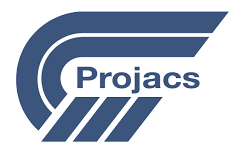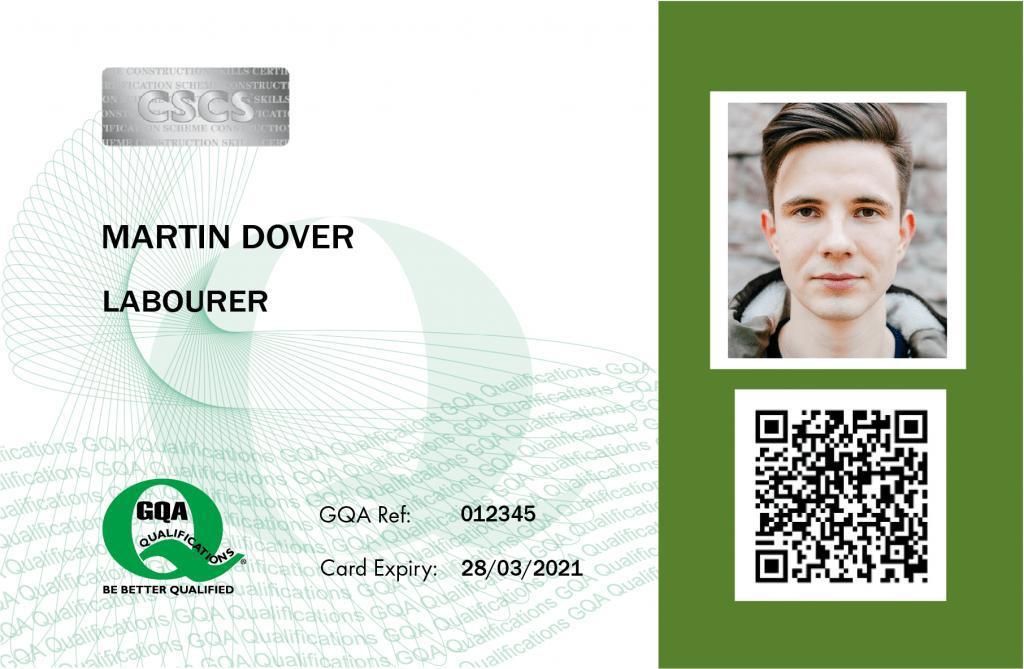
Advanced Decision-Making Skills
Course ID: 2508040101007ESH
Course Dates : 04/08/25 Course Duration : 5 Studying Day/s Course Location: London, UK
Language: Bilingual
Course Category: Professional and CPD Training Programs
Course Subcategories: Operations and Process Excellence
Course Certified By: ESHub CPD & LondonUni - Executive Management Training
* Professional Training and CPD Programs
Leading to:
Executive Diploma Certificate
Leading to:
Executive Mini Masters Certificate
Leading to
Executive Masters Certificate
Certification Will Be Issued From :
From London, United Kingdom
Course Fees: £5,120.30
Vat Not Included in the price. VAT may vary depending on the country where the course or workshop is held.
Click to Pay
Date has passed please contact us Sales@e-s-hub.com
Course Information
Introduction
Decision-making is an indispensable skill in professional environments, influencing everything from strategic planning to day-to-day operations. In industries ranging from healthcare to finance, the ability to make informed, timely, and effective decisions can determine the success or failure of projects, teams, and organizations. Yet, despite its importance, decision-making remains a complex process fraught with cognitive biases, incomplete information, and competing priorities. This course on Advanced Decision-Making Skills addresses these challenges by equipping participants with frameworks, tools, and techniques to enhance their judgment and leadership capabilities.
The modern workplace demands agility and precision in decision-making. For instance, during the 2008 financial crisis, many organizations faltered due to delayed or ill-informed decisions, while others thrived by leveraging robust analytical models and collaborative strategies. Similarly, in healthcare, evidence-based decision-making has been instrumental in improving patient outcomes. These examples underscore the critical need for professionals to move beyond intuition and adopt structured approaches rooted in established theories such as Kahneman’s System 1 and System 2 thinking, the Cynefin framework, and the OODA loop (Observe, Orient, Decide, Act).
Despite the availability of numerous decision-making models, gaps persist in their practical application. Many professionals struggle to balance data-driven insights with emotional intelligence, leading to suboptimal outcomes. Others face challenges in fostering consensus within teams or managing uncertainty in volatile environments. By addressing these gaps, this course empowers participants to navigate ambiguity, synthesize diverse perspectives, and implement solutions that align with organizational goals.
Mastering advanced decision-making skills offers significant benefits for both individuals and organizations. On a personal level, participants will gain confidence in their ability to tackle complex problems, thereby enhancing their career prospects and leadership potential. For organizations, the ripple effects include improved efficiency, innovation, and resilience. A case in point is Google’s Project Oxygen, which identified decision-making as one of the top traits of effective managers, highlighting its role in driving team performance and engagement.
The course draws on interdisciplinary insights from psychology, behavioral economics, systems thinking, and management science. Participants will explore how cognitive biases like confirmation bias and anchoring affect judgment, and learn to mitigate their impact through debiasing techniques. They will also examine real-world scenarios, such as Tesla’s rapid pivot to produce ventilators during the COVID-19 pandemic, to understand how adaptive decision-making can create competitive advantages.
Ultimately, this course is designed to transform participants into confident, strategic decision-makers capable of thriving in dynamic environments. Whether leading cross-functional teams, negotiating high-stakes deals, or steering organizations through crises, attendees will emerge equipped with the tools and mindset needed to excel. The combination of theoretical rigor and practical application ensures that the learning experience is not only intellectually stimulating but also immediately actionable.
Objectives
By attending this course, participants will be able to:
Analyze the psychological and environmental factors that influence decision-making processes.
Evaluate various decision-making frameworks, including the Cynefin framework and the OODA loop, to determine their suitability for specific contexts.
Design strategies to identify and mitigate cognitive biases in individual and group settings.
Implement data-driven approaches to enhance the accuracy and reliability of decisions.
Apply negotiation and consensus-building techniques to facilitate collaborative decision-making.
Synthesize conflicting information and stakeholder perspectives to formulate balanced solutions.
Reflect on personal decision-making styles and develop action plans for continuous improvement.
Who Should Attend?
This course is ideal for:
Senior executives and managers seeking to refine their strategic decision-making abilities.
Team leaders and project managers responsible for guiding groups through complex challenges.
Consultants and analysts who require advanced problem-solving skills to deliver value to clients.
Educators and trainers interested in teaching decision-making methodologies to others.
Professionals in high-stakes industries such as healthcare, finance, and technology, where decisions have far-reaching consequences.
Training Method
• Pre-assessment
• Live group instruction
• Use of real-world examples, case studies and exercises
• Interactive participation and discussion
• Power point presentation, LCD and flip chart
• Group activities and tests
• Each participant receives a 7” Tablet containing a copy of the presentation, slides and handouts
• Post-assessment
Program Support
This program is supported by:
* Interactive discussions
* Role-play
* Case studies and highlight the techniques available to the participants.
Daily Agenda
Daily Schedule (Monday to Friday)
- 09:00 AM – 10:30 AM Technical Session 1
- 10:30 AM – 12:00 PM Technical Session 2
- 12:00 PM – 01:00 PM Technical Session 3
- 01:00 PM – 02:00 PM Lunch Break (If Applicable)
- Participants are expected to engage in guided self-study, reading, or personal reflection on the day’s content. This contributes toward the CPD accreditation and deepens conceptual understanding.
- 02:00 PM – 04:00 PM Self-Study & Reflection
Please Note:
- All training sessions are conducted from Monday to Friday, following the standard working week observed in the United Kingdom and European Union. Saturday and Sunday are official weekends and are not counted as part of the course duration.
- Coffee and refreshments are available on a floating basis throughout the morning. Participants may help themselves at their convenience to ensure an uninterrupted learning experience Provided if applicable and subject to course delivery arrangements.
- Lunch Provided if applicable and subject to course delivery arrangements.
Course Outlines
Foundations of Decision-Making
Understanding the decision-making process: Key stages and common pitfalls.
Introduction to cognitive biases and their impact on judgment.
Overview of decision-making frameworks (e.g., Cynefin, OODA).
Case study analysis: Lessons from successful and failed decisions.
Day 2:
Psychological and Behavioral Insights
Exploring dual-process theory (System 1 vs. System 2 thinking).
Identifying and mitigating cognitive biases in practice.
Emotional intelligence and its role in effective decision-making.
Group activity: Role-playing scenarios to test bias awareness.
Day 3:
Data-Driven Decision-Making
Leveraging analytics and big data for informed decisions.
Tools and techniques for interpreting complex datasets.
Balancing qualitative and quantitative inputs in decision-making.
Workshop: Building a data-driven decision model.
Day 4:
Collaborative and Adaptive Approaches
Strategies for fostering collaboration in team decision-making.
Negotiation and consensus-building techniques.
Managing uncertainty and adapting to changing circumstances.
Simulation exercise: Crisis management under pressure.
Day 5:
Application and Continuous Improvement
Personalizing decision-making frameworks for individual use.
Developing action plans for ongoing skill development.
Ethical considerations in decision-making.
Final assessment and feedback session.



















































